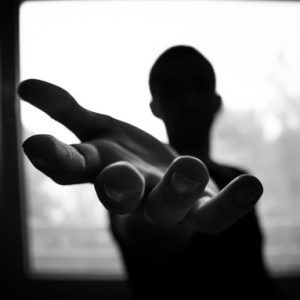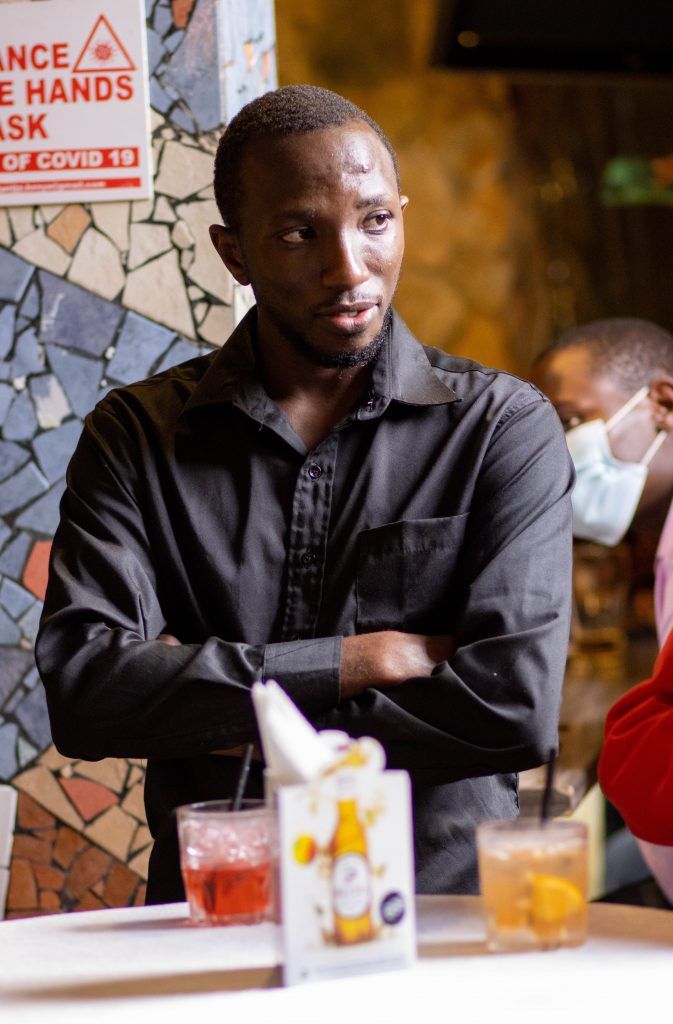The most important thing to humans is their humanity. In a job, what we want most is not the money, it is to be treated like human beings. The moment you treat us as something less than human, the worth of the job no longer exists and it is impossible for us to value or enjoy the work. From then on, we approach the work with only an eye on the money. This is why employers who want to bring the best effort out of their employees must always remember that these are not just “factors of production”. They are people with hearts, feelings, and an unshakeable need to be treated with dignity and respect.
In the book Pedagogy of the Oppressed, Paulo Freire introduces the word dehumanization. To dehumanize someone is to deny them their humanity, to degrade them, to deny them dignity. The opposite of it is to humanize. Oppression is the act of dehumanizing. Liberation is the act of moving from the dehumanization of oppression to being human and free. In Black Skins White Masks, Frantz Fanon states that the negro is not whole and what the negro desires most is to be human. I did not understand what Fanon meant at the time, but in light of Freire, it makes perfect sense: so long as the black man is oppressed by the white man and by the oppressive structures of a racist society, the black man is denied the opportunity to simply be himself, a man, and is at all times subject to labels invented for him by white people. The oppressors see themselves as humans and everyone else as less than them, as tools, as entertainment, as objects of their “benevolence”.
Also read: #NoWhiteSaviours : The Case Against The White Saviour Complex and Voluntourism
Once you grasp the concept of dehumanization and what it means to be human, all revolutions suddenly make sense. You understand instantly why our people had to revolt against the white oppressor in this country in the 1950s. Because the white man brutalized us, he dehumanized us, forcing us to work for low wages, taking our land and turning us into squatters, waging a cultural war on the traditions we had followed for centuries, and above all: taking away our freedom and making third-class humans of us in the land of our ancestors. Imagine the rage our forefathers must have felt to see themselves treated as less than human in their own land. How did it feel for men to watch their wives raped by white bosses and administrators? Because of that dehumanization, an urgent need arose in their hearts to restore their dignity. They formed an organization called the Kenya Land and Freedom Army. And that is what the Mau Mau fought for: our humanity.
Some say that the Mau Mau were unsuccessful since their leader was executed four years after he and his men took to the bush to be guerilla forces waging war on the oppressor. But they were successful. Kenya was a settler colony like Zimbabwe. Just as in Zimbabwe, the Kenyan settlers saw this as their country and were not ready to leave. But the British government did not have a fun time at all quelling the Mau Mau rebellion. Independence talks began in earnest.
In other words, we owe our liberation and our freedom to be human in our own country to the men and women who took up arms against the oppressor in those years.
Dehumanization doesn’t always need a perpetrator. Sometimes it is a culture. For instance, any culture that gives men power over women’s bodies dehumanizes the women. Cultures where women are not allowed to do simple things like drive a car. Therefore, the origin of the feminist movement was an attempt to reclaim the humanity of women from the culture/system which they labeled “the patriarchy”. That is why they talk of women’s liberation – and as we said, liberation involves moving from dehumanization to humanization.
Here is my radical thought: why shouldn’t this concept of humanism be encoded in every institution in our society? Particularly in government. Yes, we have government of the people and by the people, but do we have government FOR the people? That is the question a lot of people ask themselves when things like the murder of the Kianjakoma Brothers by police officers last year happen. When police brutality is unrelenting in low-income neighborhoods. When you have to bribe someone to get served in a government office. When the MPs and governors and MCAs that we elect loot the public coffers and thereby saddle us with high taxes, debts, and high cost of living.
Corruption is cruel and evil because it leads to greater dehumanization of the poor; their lives become hard and brutish when the economy tanks and when public institutions collapse or fail to work efficiently because of wanton corruption. When mothers have to give birth in the street because nurses in the public hospital have gone on strike after not being paid because the governor and his cronies have binged on the money that should have gone to paying the medics and stocking the county hospitals with medical supplies.
My radical thought is that the concept of humanism and empathy should be part of public policy and planning. In whatever thing that deals with human beings, we must never forget that we are dealing with human beings and not animals, not numbers in a graph. Human beings with flesh and blood and hearts that beat … Human beings must be treated with dignity. This is why public participation is a necessary step to creating any new law.
If policymakers and administrators considered the humanity of their employees and of their fellow citizens, so many things would be handled differently. If we saw our fellow citizens as human beings, reform of the police would be top of the priority since it is the institution most notorious for terrorizing the public. Imagine a country where people actually trusted the police. What DCI has been doing on social media is almost a step in the right direction, except for one thing: they dehumanize the victims of crimes, in their eagerness to tell a catchy story. So you get a situation where the DCI writer tells a riveting story full of bombastic expressions in a light-hearted manner when in the real sense someone’s mother or father has lost their life. By treating their victims as stories rather than as people, these DCI storytellers fail at empathy and in so doing fail at truly connecting with the public as fellow humans.
But as I said, these problems are institutional. The average person working in or for an oppressive institution is not always awake to the ways in which his institution is oppressive. In fact, most of us aren’t aware of the ways in which we are the oppressors or even the oppressed. We hide behind culture and best practices and refuse or are unable to think concretely on such matters.
Also Read: We Are Responsible for the Corruption Culture in Kenya





